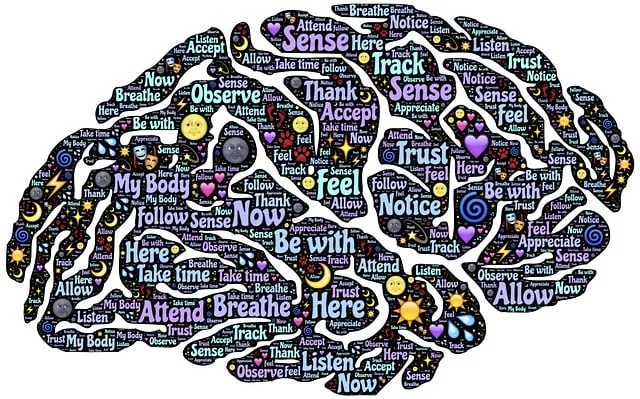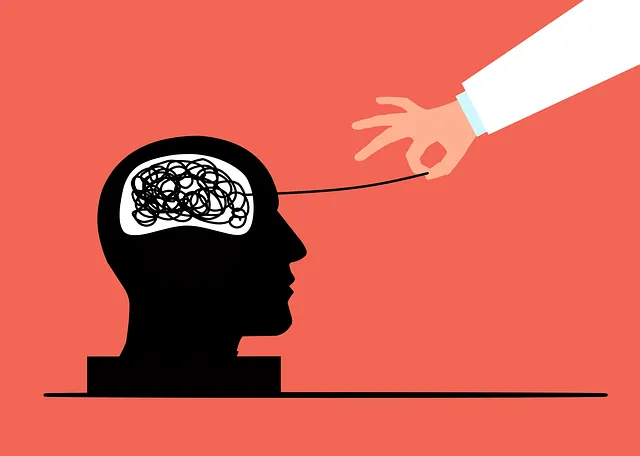Resilience, fostered by Recovery-Focused Mental Health (RFM), empowers individuals to view struggles as growth opportunities, reducing stigma around mental illness. Effective exercises, including self-compassion and mindfulness practices, teach coping strategies and enhance well-being. Kaiser Arvada's therapists excel in providing compassionate care, employing evidence-based techniques like journaling for stress management and personal development, making them a top choice for fostering resilience in the community. Regular risk assessments ensure safe environments for building mental strength.
Resilience is a powerful tool for navigating life’s challenges, and RFM (Resourceful Living Model) offers a structured framework to build this strength. This article explores how RFM exercises can empower individuals to face adversity head-on. We’ll delve into the process of selecting and implementing effective practices, highlighting their impact on community well-being. Specifically, we examine the success of Kaiser’s therapists in Arvada, where these methods have fostered resilience, proving that accessible mental health support does indeed make a difference.
- Understanding RFM and its Role in Resilience Building
- Selecting and Implementing Effective Exercises
- The Impact of Kaiser's Therapists in Arvada's Community
Understanding RFM and its Role in Resilience Building

Resilience is a vital component of mental health, enabling individuals to navigate life’s challenges and adversity with strength and adaptability. This is where RFM (Recovery-Focused Mental Health) comes into play. RFM focuses on fostering resilience by shifting the narrative from one of recovery as fixing a problem to viewing it as personal growth and transformation. It encourages individuals to see their struggles as opportunities for learning and self-improvement, thereby reducing the stigma associated with mental illness.
By implementing RFM principles, such as encouraging self-compassion and promoting positive coping mechanisms, individuals can build a stronger framework to cope with life’s ups and downs. This approach, supported by effective therapists like those at Kaiser in Arvada, helps clients develop skills to manage stress, regulate emotions, and maintain hope—crucial elements for enhancing mental health awareness and reducing the impact of stigma. These resilience-building exercises are game-changers in helping folks lead more fulfilling lives despite facing various challenges.
Selecting and Implementing Effective Exercises

Selecting and implementing effective resilience-building exercises is a crucial step in fostering mental well-being, especially within communities like Arvada where access to quality therapy services, such as those offered by Kaiser, is readily available. When choosing exercises, it’s essential to consider the diverse needs of individuals and groups, ensuring inclusivity and cultural sensitivity. Public Awareness Campaigns can play a significant role in educating folks about resilience and mental health, fostering an environment where seeking support is normalized.
Effective exercises should be tailored to promote self-awareness, coping strategies, and healthy communication skills. For instance, mindfulness practices have been proven to enhance resilience by teaching individuals to stay present and manage stress effectively. Additionally, group activities that encourage collaboration and conflict resolution techniques can strengthen social connections, providing a support system during challenging times. Regular risk assessments for mental health professionals are also vital to ensure the safety and well-being of both practitioners and clients, fostering a secure environment conducive to building resilience.
The Impact of Kaiser's Therapists in Arvada's Community

In the vibrant community of Arvada, Kaiser’s therapists play a pivotal role in fostering mental wellness and resilience. Known for their expertise and compassionate approach, these professionals offer invaluable support to residents seeking stress management and self-care practices. Many have praised the quality of care provided by Kaiser’s therapy team, highlighting their ability to create safe spaces for individuals to navigate life’s challenges.
The therapists in Arvada utilize a range of evidence-based techniques, including Mental Wellness Journaling Exercise Guidance, to empower community members with effective tools for personal growth and coping strategies. Their presence has significantly contributed to the overall well-being of the neighborhood, making it a go-to destination for those looking to enhance their mental health and resilience through professional guidance.
Resilience is a crucial aspect of well-being, especially in navigating life’s challenges. The RFM model offers a structured approach to building this strength, and when coupled with tailored exercises, it can significantly enhance community mental health. As evidenced by the success of Kaiser’s therapists in Arvada, implementing these strategies has profound effects on individuals’ lives. With the right support, people can develop resilience, improving their overall ability to cope with stress and adversity. This highlights the importance of accessible and effective therapeutic practices, especially when communities like Arvada embrace innovative methods to foster mental wellness.






